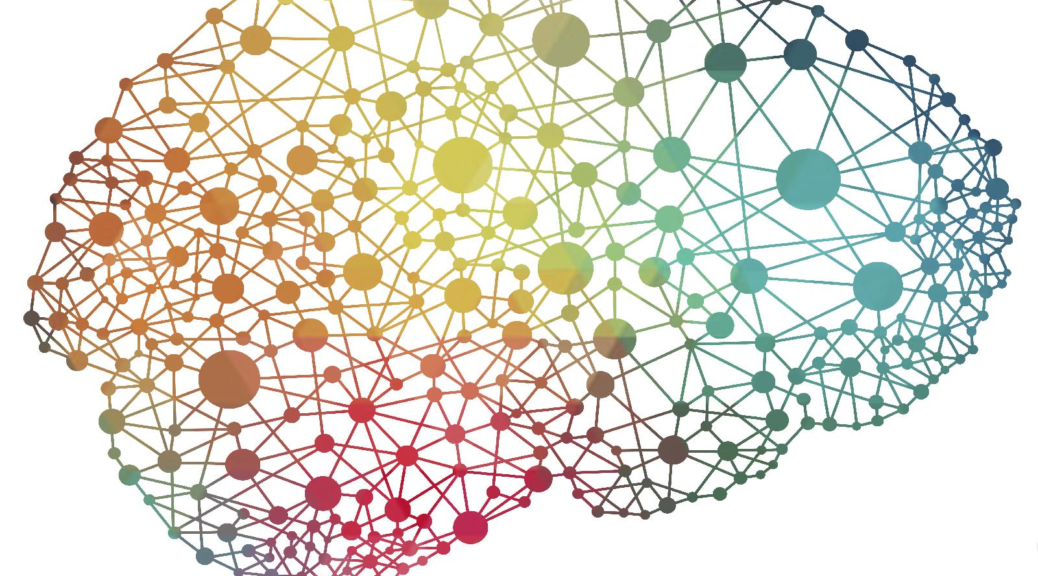The So-Called “Autism Epidemic”
I usually keep a pretty close eye on the autism news, and it seems like a day can hardly go by without me seeing some new, hysterical reference to the rising rates of autism diagnosis. It’s an epidemic, we’re told. It’s a crisis, we’re told. I not only find it tiresome to hear this idea repeated endlessly, but I’m also concerned that this sort of fearmongering is dangerous. It’s true I have some biases here. All communities want to imagine…
